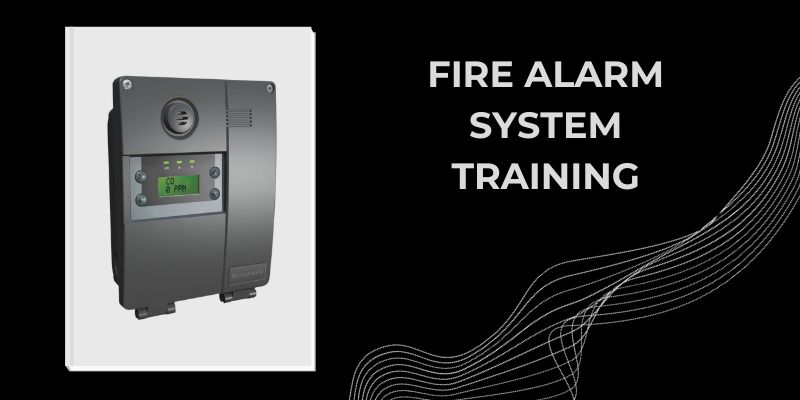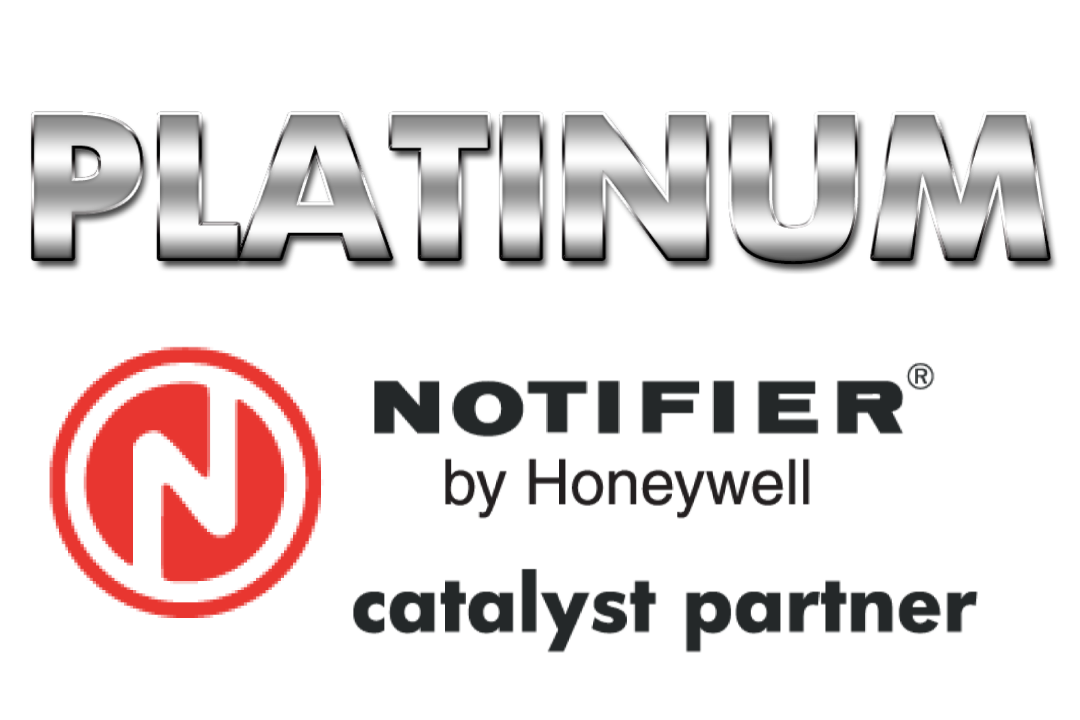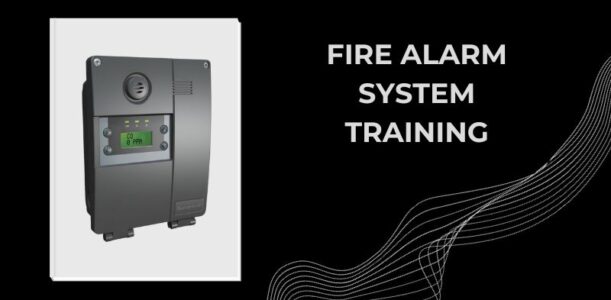
Fire Safety Training is Essential
To be proactive against fire emergencies, all building staff must be properly trained in the commercial building’s fire suppression system. By knowing the correct operational procedures for fire extinguisher use and fire alarm activation, building owners can help staff to swiftly respond and evacuate. When employers invest in staff training on evacuation procedures and how to prevent a fire from spreading, they empower employees to help save lives by acting quickly, which can help minimize property damage and loss.
From hospitals to factories, all employees should receive appropriate training regarding commercial fire safety.
Training Topics for Fire Safety
Many topics should be included in fire safety training, but the key topics include:
Fire Hazard Recognition
A safe work environment depends on employees being able to identify possible fire hazards in the workplace. Fire hazards can include:
- Chemicals being stored improperly
- Inaccessible fire exits
- Flammable materials
- Faulty or damaged electrical equipment
Implementing regularly scheduled fire safety training can equip employees with the knowledge they need to assess and identify potential fire hazards and remain proactive in fire prevention strategies.
Types of Fires and Suppression
Depending on your work environment and the materials you are in contact with, you may see several different types of fires. Some fires require specific suppression methods, such as:
Class A – these fires involve commonplace materials like wood, paper, or cardboard, and a Class A fire extinguisher is needed for fire suppression.
Class C – this class of fire involves electrical equipment and requires a Class C fire extinguisher for suppression.
Fire extinguishers are clearly labeled for the type of fire they are designed to extinguish. The most common type of fire is Class A, B, or C, and the corresponding fire extinguisher will be 99% effective in extinguishing the fire.
Ensuring your staff knows the difference between the different types of fires and the techniques for extinguishing them can prevent the fire from spreading and save lives.
Proper Use of a Fire Extinguisher
To use a fire extinguisher effectively, it is important to remember the acronym PASS, which is the order of steps to use:
P – Pull
A – Aim
S – Squeeze
S – Sweep
Regular training sessions can enable your staff and employees to feel comfortable and confident with using a fire extinguisher, making them more effective and efficient in the event of a fire emergency.
Workplace Fire Preparedness
Commercial building owners should practice regular fire drills so their staff and occupants can become familiar with fire emergency procedures and the evacuation process. It should be noted that while employees can attempt to extinguish smaller fires with the appropriate fire extinguisher, personal safety should remain the primary priority.
Evacuation Plan
All staff and building occupants must be aware of the evacuation plan. It is normal to panic during a fire emergency, so it is key to have a well-thought-out and practiced evacuation procedure in place. A complete evacuation plan includes designated areas outside of the building where occupants will meet to ensure everyone is accounted for.
Manual Fire Alarm Activation Process
All building staff should be fully trained in where the manual activation devices are, such as break glass units and pull stations, and how to effectively engage them to activate the fire suppression system.
Fire Prevention
The ideal situation is always to be proactive and work towards fire prevention instead of having to be faced with fire suppression. Make sure your employees are adequately trained in fire prevention and the importance of regular fire equipment inspections and exceptional housekeeping habits. By preventing fire hazards, the chances of loss of life and property damage are greatly reduced.
High Rise Security Systems, HRSS, with SMG Security Holdings, SMG understands the importance of practicing fire prevention strategies to protect your occupants and reduce the chances of property damage. We have been serving the Chicagoland area for over 30 years in commercial fire and life safety and are recognized as an industry leader.
HRSS/SMG is an industry leader in commercial fire and life safety solutions and offers comprehensive services, including consultation, custom design, installation, inspection, testing, maintenance, and 24/7/365 monitoring. Our NICET-certified technicians use UL-listed equipment so you can have peace of mind that your fire alarm system will deliver the highest level of protection. Contact us to learn more about training your employees in fire safety and our comprehensive commercial fire and life safety solutions.



